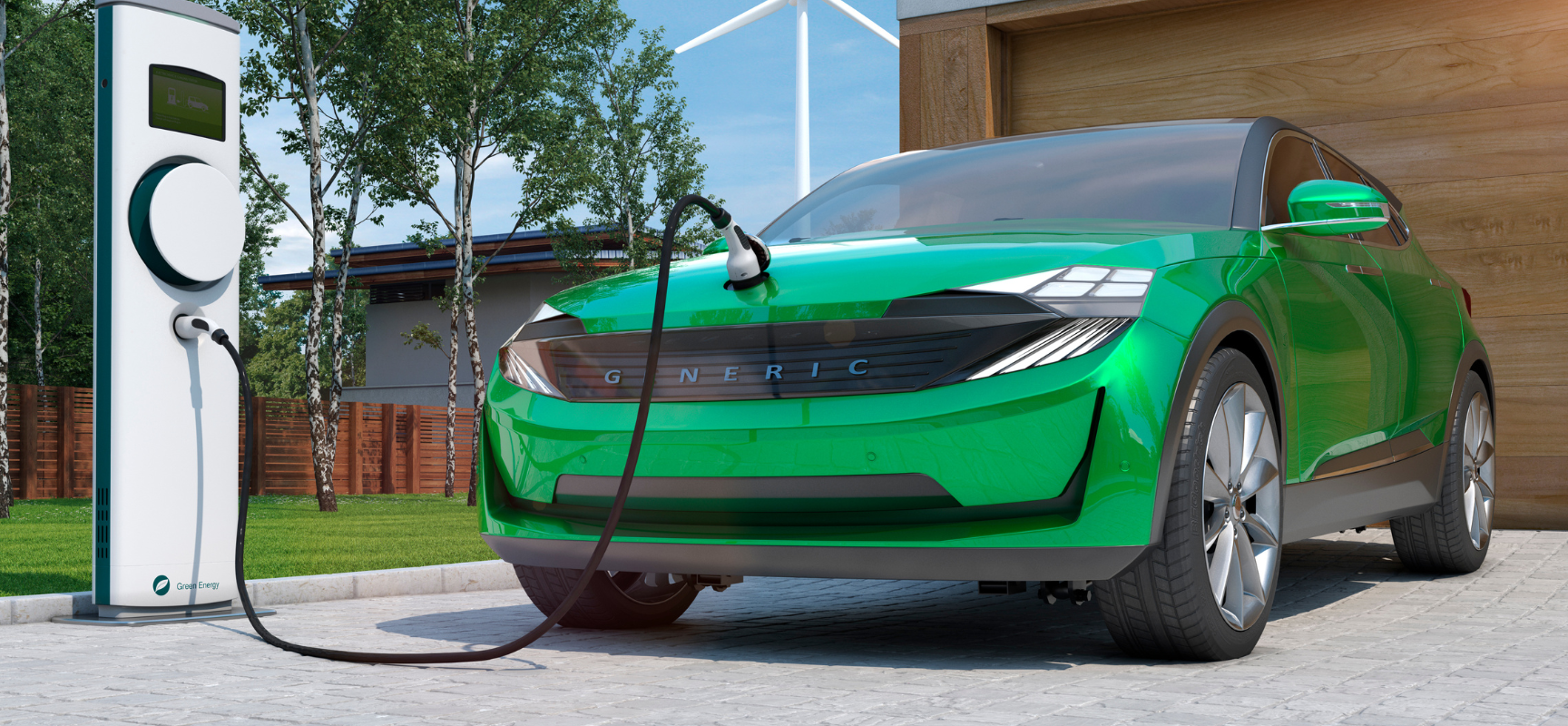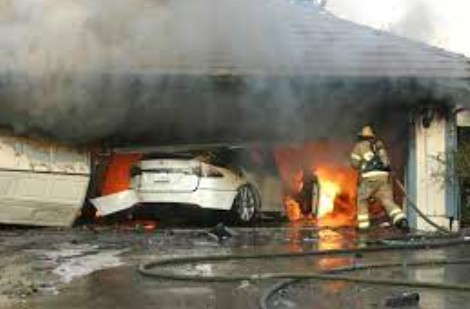
By: George Ripley, SIU Manager
June 6, 2023
ELECTRIC VEHICLE HOME CHARGING SAFETY
MAY 31, 2023 / BY GEORGE RIPLEY, SIU MANAGER
The market for electric vehicles (EVs) has accelerated rapidly over the past few years, and the U.S. Bureau of Labor Statistics predicts that it’ll continue to grow at a fast pace over the coming decade.
If you are thinking of purchasing an electric vehicle (EV) or currently own one, you’ll need to be aware of safety considerations, including the risk of fire and electric shock injury related to charging an EV at home.
By keeping these charging safety tips top of mind, EV owners can lower the risk of an associated fire or electric shock injury:
- Follow the manufacturer’s guidelines, and only charge an EV with certified equipment.
- Consider hiring an electrician to install a new, dedicated circuit for your EV charging device, as older home wiring may not be suitable.
- Purchase a charging device certified by a national testing laboratory.
- Plug Level 1 EV chargers directly into an outlet designed to handle the amperage. Never use a multiplug or extension cord!
- Install a residential current device with the charging unit for your home. This will turn off power if a fault is detected and help prevent a fire.
- Place all charging devices out of reach of children.
- Inspect your charging station and equipment regularly. Signs of excessive wear may indicate a potential shock hazard.
- Cover the EV charging outlet to ensure water does not enter. Your manufacturer’s guidelines will include information on safe charging in wet conditions.
Did you know?
Lithium-ion battery fires burn significantly hotter than gasoline fires making them much more destructive in a shorter amount of time. Unlike gas fires, lithium-ion battery fires do not require outside oxygen to burn and are difficult to extinguish for fire fighters as a result. If an EV catches on fire, it takes much longer to extinguish as the battery needs to be cooled to get in under control. With battery fire temperatures reaching nearly 4,900 degrees F, this is no easy task. By comparison, a gas powered vehicle fire burns at approximately 1,500 degrees F.

With proper safety precautions and the right equipment, you can safely charge you EV at your home. Be sure to always follow the manufacturers guidelines for charging and double check your home’s electrical systems is equipped to supply the needed amperage.
George Ripley is the SIU Manager for Donegal Insurance Group and a Certified Fire Investigator with specialized training in electric vehicles and lithium-ion battery risks.
…
